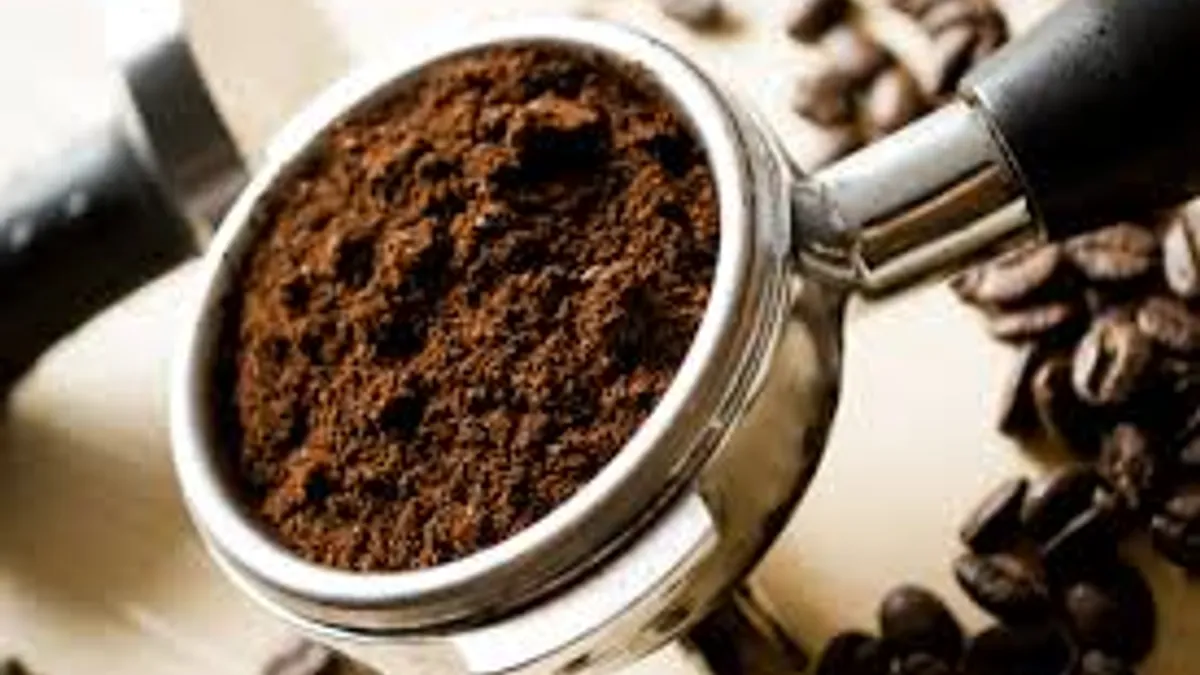Dive Brief:
- Scotland’s Environmental Research Institute is leveraging used whisky grains, coffee grounds, and seaweed as a cheaper and possibly faster way to clean radioactive waste at Dounreay power plant. Through this process of "biosorption," biological materials bond with metallic particles to soak up the contaminants. The biologic materials are collected and safely stored off-site.
- Traditionally, workers have kept radioactive waste from melting down by cooling contaminated sites with millions of gallons of water that then have to be disposed of. The site then has to be sealed for extended periods as the waste decomposes, unless expensive materials are used to safely remove it.
- The feasibility of using whisky grains and coffee grounds to speed cleanup is still being examined. But gold and silver have successfully been retrieved from sewage through biosorption, and mercury and arsenic have been removed from water through this technique.
Dive Insight:
Management of highly toxic materials traditionally requires complicated approaches, and can cost billions of dollars a year. As nuclear waste causes health concerns across the globe, this safety approach can reduce concerns and create a safer environment for those living around nuclear waste — while reducing forms of food waste.
Cleanup of radioactive waste has certainly taken a financial toll on Scotland’s Dounreay power plant —which was a radioactive dump for nuclear waste for years. It will be 2030 before the waste can be prepared for long-term storage, according to the company’s website. And some of the site will be sealed until 2300 when radiation levels are reduced to a degree that is considered safe.
Dounreay Shaft and Silo project leader Mike Gearhart told the BBC, "We are pleased to be working with [Scotland’s Environmental Research Institute] to identify a sustainable solution that can be sourced locally. We still have a number of issues to address but results to date have been very promising."













